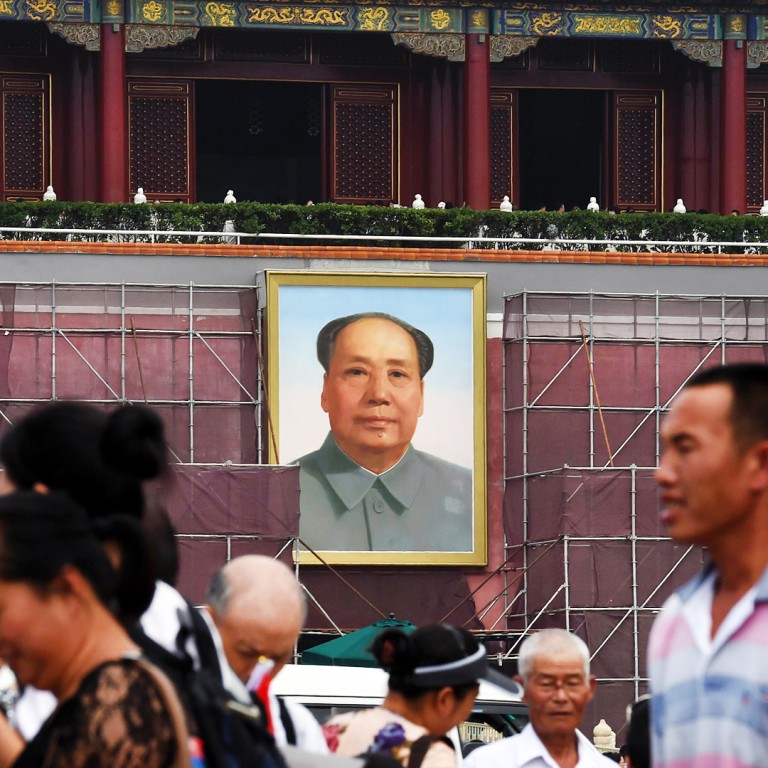
Why wary world leaders are weighing up their RSVP to China's war anniversary parade
At least 50 world leaders are on the invitation list and it's expected to be an international spectacle but many are unlikely to attend because of the event's underlying nationalistic and anti-Japanese message, analysts and diplomats say.
China plans to hold a huge military parade in the heart of its capital on September 3, a day after the 70th anniversary of Japan's surrender in the second world war.
Renmin University international relations professor Shi Yinhong said the parade would serve many purposes, including the "diplomatic purpose of highlighting China's contribution during the anti-Japanese wars, and to show that China has become a very important post-war power".
Beijing has said the event is not aimed at any country but other observers said many Western leaders would be wary of being seen alongside President Xi Jinping at an event designed to boost nationalistic propaganda rather than to encourage reconciliation.
"There will be unease with being seen as playing a role in supporting Xi Jinping during a time in which … he has introduced much more assertive foreign policy than many had been anticipating," said Nick Bisley, a professor of international relations at La Trobe University in Australia.
So far, only Russian President Vladimir Putin and leaders from the Shanghai Cooperation Organisation, which comprise mostly Central Asian countries, have confirmed that they will attend.
German Chancellor Angela Merkel will visit Beijing around September 3 but skip the event itself, according to a diplomatic source. This approach mirrors the trip Merkel made to Moscow in May around the time of Russia's Victory Day military parade. Putin's role in the Ukraine crisis prompted most Western leaders to shun that event.
While many Chinese academics said the absence of Western leaders would not be unexpected, Shi said Beijing would be keen to have South Korean President Park Geun-hye attend the parade.
"If she couldn't make it, then the parade's diplomatic mission would not be complete, and it would show she was under US pressure," Shi said.
The two countries have been edging towards closer diplomatic and economic ties in recent years, partly due to their deteriorating relations with Japan and North Korea.
A South Korean diplomatic source said Park was not likely to make a decision until August but one factor would be possible resentment in Beijing if she turned down the invitation.
"The Chinese take it for granted that President Park will attend the ceremony because of the good relations between the two countries," the source said.
"But we also need to consider our relations with the US and Japan. Our relationship with Japan is not good, but we are willing to improve."
Seoul had also discussed the matter with Washington but "did not reach consensus", the source added.
In the three years since Japanese Prime Minister Shinzo Abe took office, tensions between Japan and its two Asian neighbours have escalated, largely due to disputes over maritime sovereignty and historical issues.
China has asked Abe to attend the parade, an invitation he is unlikely to accept. Instead, the two countries are discussing whether the Japanese prime minister can visit Beijing around the time of the parade in an effort to improve ties.
Another region that will likely lend its support to the parade is Southeast Asia, where China is a major trade and economic partner despite lingering territorial disputes in the South China Sea.
"China will be counting on support from its [Southeast Asian] neighbours as a mark of solidarity," said Tang Siew Mun, a senior fellow with the Institute of Southeast Asian Studies in Singapore.
"Beijing would also want to avoid the kind of embarrassment wrought by Europe's lacklustre response to Russia's commemorative parade."
